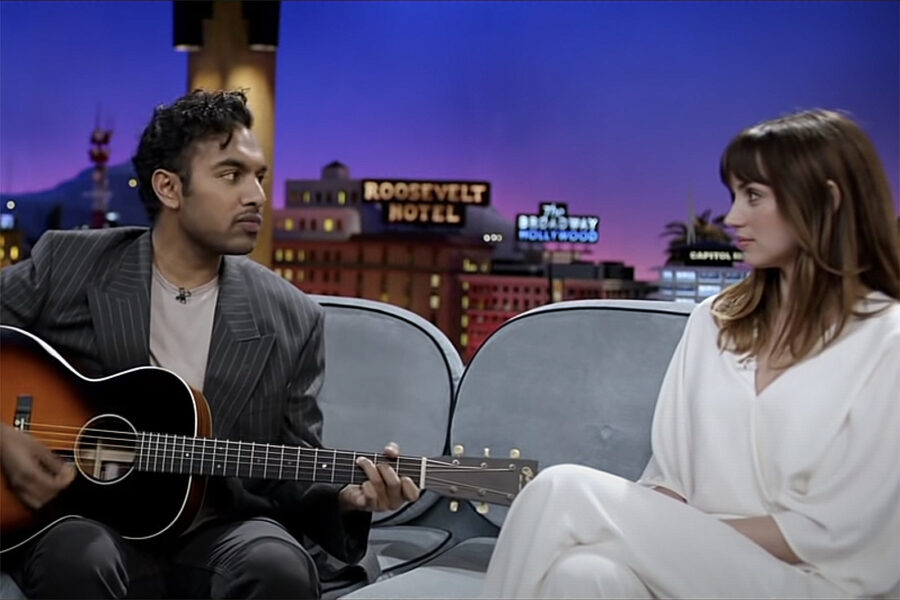Fans Can Now Sue Movie Studios If They Aren’t Happy
A judge rules that the lawsuit against Universal over the allegedly deceptive movie trailer for 2019's Yesterday can move forward.
This article is more than 2 years old

Film studio execs could find themselves in hot water if they mislead their potential audiences through deceptive movie trailers. Variety has revealed that on Tuesday, U.S. District Judge Stephen Wilson ruled in the favor of two fans who were suing Universal, the studio behind the 2019 film Yesterday. The ruling serves as a massive warning to other studios that may put misleading information into their trailers.
The off-screen drama all began when two fans of Ana de Armas rented the Danny Boyle-directed romcom that centers around the idea that the Beatles never existed. The Knives Out actress would never appear in the film, leading the fans to be more than disappointed. Learning that their favorite star was cut out of the final version of the feature, the friends filed a lawsuit against Universal, sparking a conversation surrounding deceptive movie trailers.
In an exciting and well-thought-out face-off, Universal’s lawyers built their case for this and other deceptive movie trailers, stating that under the First Amendment, they were able to include any piece of footage that they saw fit to tell the story. Referring to it as “artistic, expressive work,” the lawyers sought to throw out the case. Understanding the uphill battle they would need to fight, Universal said that it was not false advertising, but instead a “non-commercial” speech that was included in the teaser.

They would go on to argue that there has been an abundance of deceptive movie trailers over the years including 1993’s Jurassic Park which was completely composed of footage that wouldn’t make it to the final cut. But, Judge Wilson was not swayed by Universal’s plea, making the ultimate decision that the misleading clips went against the California False Advertising Law and the state’s Unfair Competition Law. The judge agreed that artistic freedom was allowed to be taken when giving audiences a taste of an upcoming film, but that “at its core,” a trailer serves as an advertisement for the product the studio is preparing to sell.
If you didn’t catch Yesterday, it stars Himesh Patel as a young man living in a world without the Beatles, who launches to fame after playing the fab four’s songs and claiming them as his own. Ana de Armas’ character was going to be his second love interest, but was ultimately cut, as screenwriter Richard Curtis says per CinemaBlend, because audiences didn’t like that Patel’s character was turning away from his main love connection, a character played by Lily James. In the end, Universal’s misleading snafu serves as a word of warning for studios everywhere to be careful when it comes to the creation of deceptive movie trailers.
You can see the trailer that caused all the trouble below.
While Yesterday only cost the plaintiffs $3.99 to rent on Prime Video, the duo have taken Universal to court for the whopping sum of $5 million. The duo’s battle to keep deceptive movie trailers off screens everywhere has the possibility of majorly affecting the playing field moving forward (we’re looking at you Harry & Meghan). If there’s anything to learn from this, it’s don’t mess with an Ana de Armas fan scorned.












